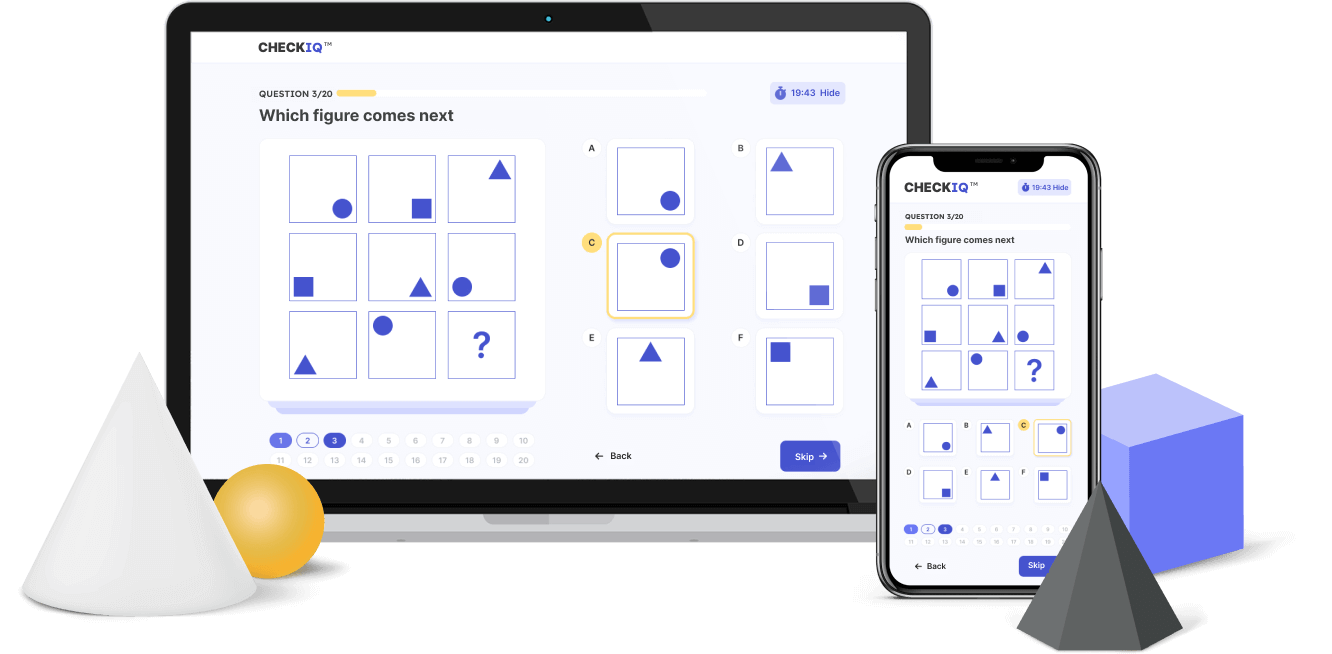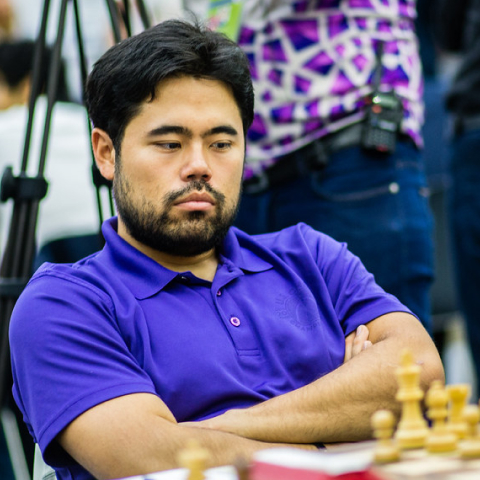Hikaru Nakamura Scored 102 at an Online IQ Test
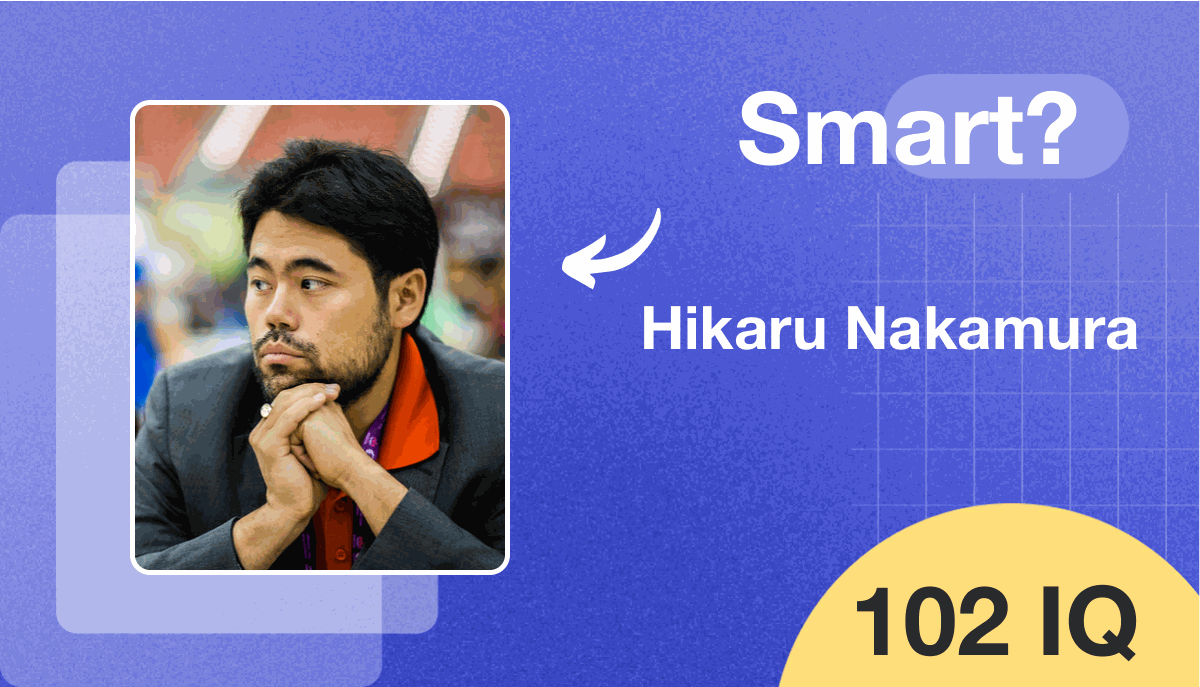
The world of chess often conjures images of intellectual giants, geniuses with minds capable of unraveling complex puzzles that leave others mystified. Hikaru Nakamura, an American Super Grandmaster, certainly fits that mold on the chessboard.
Born in Hirakata, Japan, and raised in the U.S., Nakamura became a force to be reckoned with in the world of chess, achieving the title of Grandmaster by the age of 15. However, there is one aspect of his intellectual profile that surprises many: his IQ score.
During a lighthearted live-stream, Nakamura revealed that he had taken an online Mensa IQ test and scored 102, a result that sparked curiosity and confusion among his fans. How could one of the world’s greatest chess minds have an IQ that’s barely above average? It raises an interesting question about what IQ tests truly measure and whether they can capture the full spectrum of a person’s abilities.
The chess brilliance vs. the IQ score
For those familiar with Hikaru Nakamura’s chess career, his low IQ score feels like an anomaly. After all, his success on the board requires extraordinary levels of calculation, strategic thinking, and mental endurance. With a peak Blitz rating of 2884 and a Blitz World Championship under his belt, Nakamura has demonstrated mastery of a game that tests the limits of human cognition.But does chess ability directly correlate to IQ? Not necessarily. IQ tests measure specific kinds of intelligence, particularly logical reasoning, spatial awareness, and problem-solving under time pressure. However, chess requires something different. It demands pattern recognition, experience, and intuition, skills honed through years of practice rather than natural aptitude. Many argue that IQ scores don’t fully reflect talents in specialized domains like chess, music, or art. Nakamura’s score of 102, while surprising, may simply reflect that IQ tests don’t capture the full breadth of his unique abilities.
Conflicting opinions: a flawed test or something more?
The debate around Nakamura’s IQ score has only fueled interest in whether IQ tests truly represent intelligence. Some argue that Nakamura’s 102 was likely skewed by the environment in which he took the test: on a live stream, multitasking, and under the pressure of an audience. A casual online test, particularly one without the oversight of a professional setting and without the right mindset, may not provide accurate results. In fact, Nakamura himself joked about losing track of time while answering the questions.Others contend that IQ tests are a narrow measure of general cognitive ability (one of the common flaws of online IQ tests) and fail to account for other forms of intelligence, such as emotional intelligence, creative problem-solving, or, in Nakamura’s case, the deep, tactical understanding required in chess. There is also the possibility that the test didn’t capture the extraordinary traits that have made him a chess prodigy from a young age. Either way, the discussion sheds light on how we measure intelligence and the limits of these measurements.
Hikaru's genius beyond numbers
Regardless of the controversy surrounding his IQ, Nakamura’s achievements in chess are undeniable. From breaking Bobby Fischer’s record to becoming the youngest American Grandmaster, to his relentless success in Blitz and Rapid chess, Nakamura has proven that success is about far more than a single number. He has embraced modern technology, becoming a major chess streamer with millions of followers, turning the game into a popular online phenomenon.Perhaps Nakamura’s story shows that intelligence comes in many forms, and traditional metrics like IQ scores might not always capture the depth of talent required for greatness. His journey from chess prodigy to international icon proves that what really matters is how one applies their skills, not just how they score on a test.
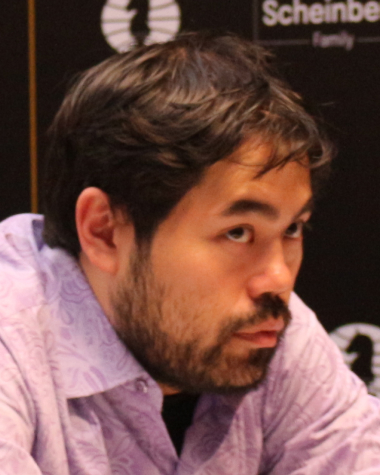

Average Confidence Level
MediumThe estimated IQ score for Hikaru Nakamura comes from one source. We used the IQ estimate reported by Chess.com. For an additional perspective, we included the scores from two other sources with a lower level of confidence.
 Confidence Level: Low
Confidence Level: Low
 Confidence Level: Medium
Confidence Level: Medium
 Confidence Level: Low
Confidence Level: Low
5 Examples That Show Hikaru Nakamura's Strong IQ
- Grandmaster Title at 15: Hikaru Nakamura earned the elite chess title of Grandmaster at the young age of 15. This reflects his early mastery and exceptional understanding of the game.
- US Chess Champion: Nakamura has clinched the US Chess Championship title five times. This feat demonstrates his ongoing dominance and strategic skill in competitive play. He also beat his first Grand Master at the young age of 10!
- Speed Chess Specialist: Renowned for his speed chess abilities, Nakamura has been a dominant force in blitz and bullet chess formats. These genres demand quick thinking and rapid decision-making.
- Chess.com Ambassador: Nakamura's role as a leading streamer and ambassador for Chess.com highlights his influence in popularizing chess. He connects with a global audience through his insightful commentary and engaging gameplay.
- Elite Competitor: Competing against the best in the world, Nakamura has consistently ranked among the top chess players globally, illustrating his profound strategic knowledge and competitive spirit.
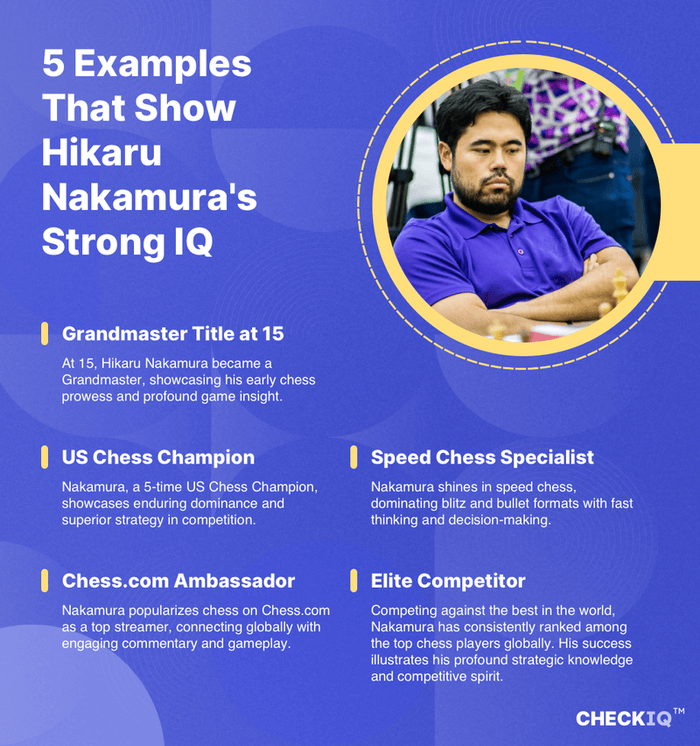
Try our accurate online IQ Test. Get your IQ score immediately.
Start IQ Test
Is Hikaru Nakamura's IQ Average?
Hikaru Nakamura, with an IQ of 102, lands squarely in the circle considered above average intellect. In fact, this IQ score is higher than 55% of the population. However, this score doesn't meet the entry requirements for the likes of Mensa and Intertel, which require a minimum IQ score of respectively, 130 and 135. However it's important to note that chess requires strategic foresight and adaptability, skills that aren't always mirrored in an IQ score.
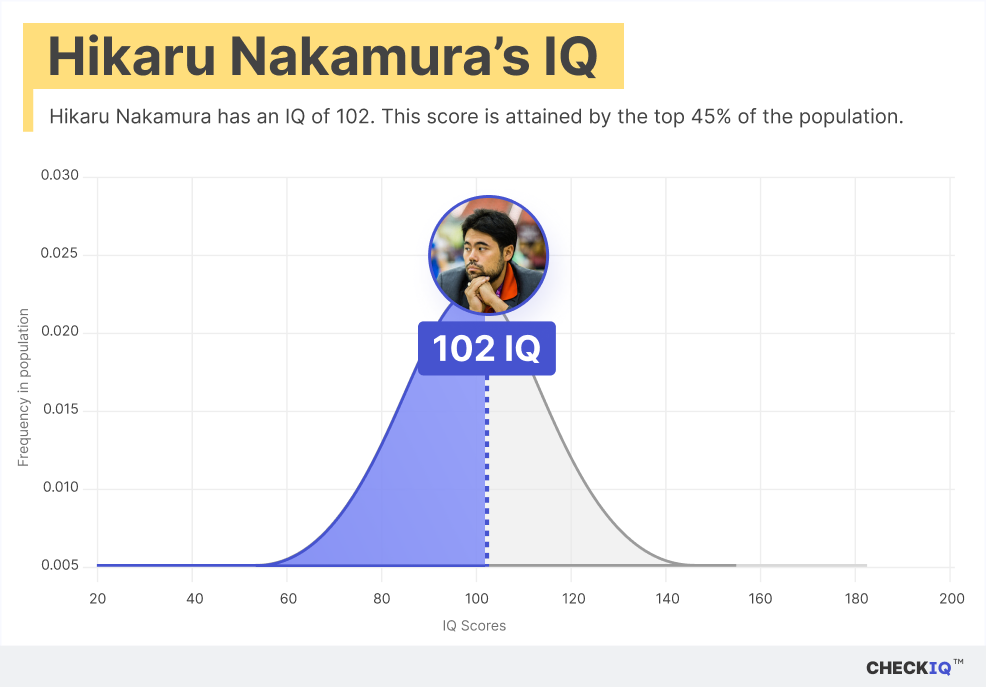
How Does Hikaru Nakamura's 102 IQ Compare to Other Chess Players?
Hikaru Nakamura’s IQ of 102 may not break records, but in the fiercely competitive world of chess, his genius lies in his ability to outthink opponents on the board rather than relying solely on an IQ score. Nakamura, a grandmaster known for his rapid-fire moves and innovative strategies, proves that chess brilliance isn’t just about raw numbers—it’s about how you apply your intellect in real time. His creative approach to chess, especially in faster formats, sets him apart from many of his peers who might boast higher IQ scores but lack his signature flair.
On the other end of the spectrum is the legendary Garry Kasparov, who is probably one of the smartest chess players in the world, alongside Kasparov and Magnus Carlsen. Garry Kasparov's mind-boggling IQ of 190 has shaped the modern chess landscape. Kasparov, a towering figure in chess history, is as famous for his lightning-fast calculations as for his strategic depth. His matches against IBM's Deep Blue computer in the 1990s were more than just man versus machine. They were an emblem of human intellect challenging the rise of artificial intelligence. Kasparov’s brilliance isn’t just in outwitting opponents but in reshaping how we understand and play the game.
Magnus Carlsen, the current reigning champion, matches Kasparov’s 190 IQ and brings a modern twist to chess mastery. With his calm demeanor and ability to play intuitively in complex positions, Carlsen has held the world championship for over a decade. His ability to dominate in both classical and rapid formats speaks to a blend of innate genius and an IQ that mirrors the greats of chess history.
Then there’s Bobby Fischer, whose IQ of 180 and enigmatic personality revolutionized chess in the 20th century. Fischer’s game was as unpredictable as his life—he could dismantle world champions with ease, playing moves that no one else would dare attempt. His victory over Boris Spassky in 1972 became a cultural moment, symbolizing more than just chess: it was a battle of minds during the Cold War, with Fischer representing individual brilliance against the might of the Soviet chess machine.
Judit Polgar, the highest-ranked female chess player in history, shattered the idea that chess was a man’s domain. Her IQ of 170, combined with her fearless and aggressive playing style, allowed her to compete—and often win—against the top male players in the world. Polgar didn’t just play the game; she broke through glass ceilings, proving that intellectual capacity and chess genius are not confined by gender.
Finally, Emory Tate, with an IQ of 145, brought creativity and flair to chess that few others could match. Known for his tactical brilliance and bold sacrifices, Tate was a player who played on his terms, often catching opponents off guard with unexpected combinations. His style, while sometimes unorthodox, emphasized that chess isn’t only about the numbers, whether on the clock or in IQ scores, but about how one sees the board differently from everyone else. It's no surprise that his son Andrew Tate is also believed to have a high IQ.
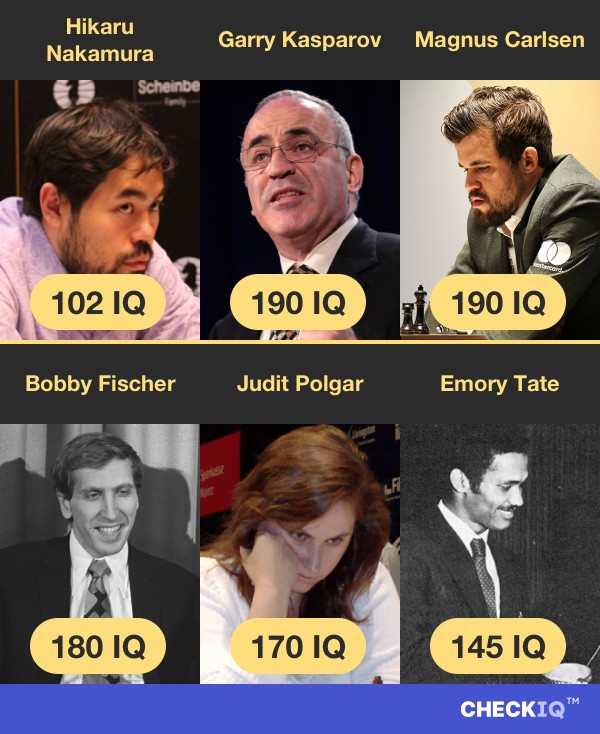
What do you think of Hikaru Nakamura's IQ? Share your thoughts in the comments section below!
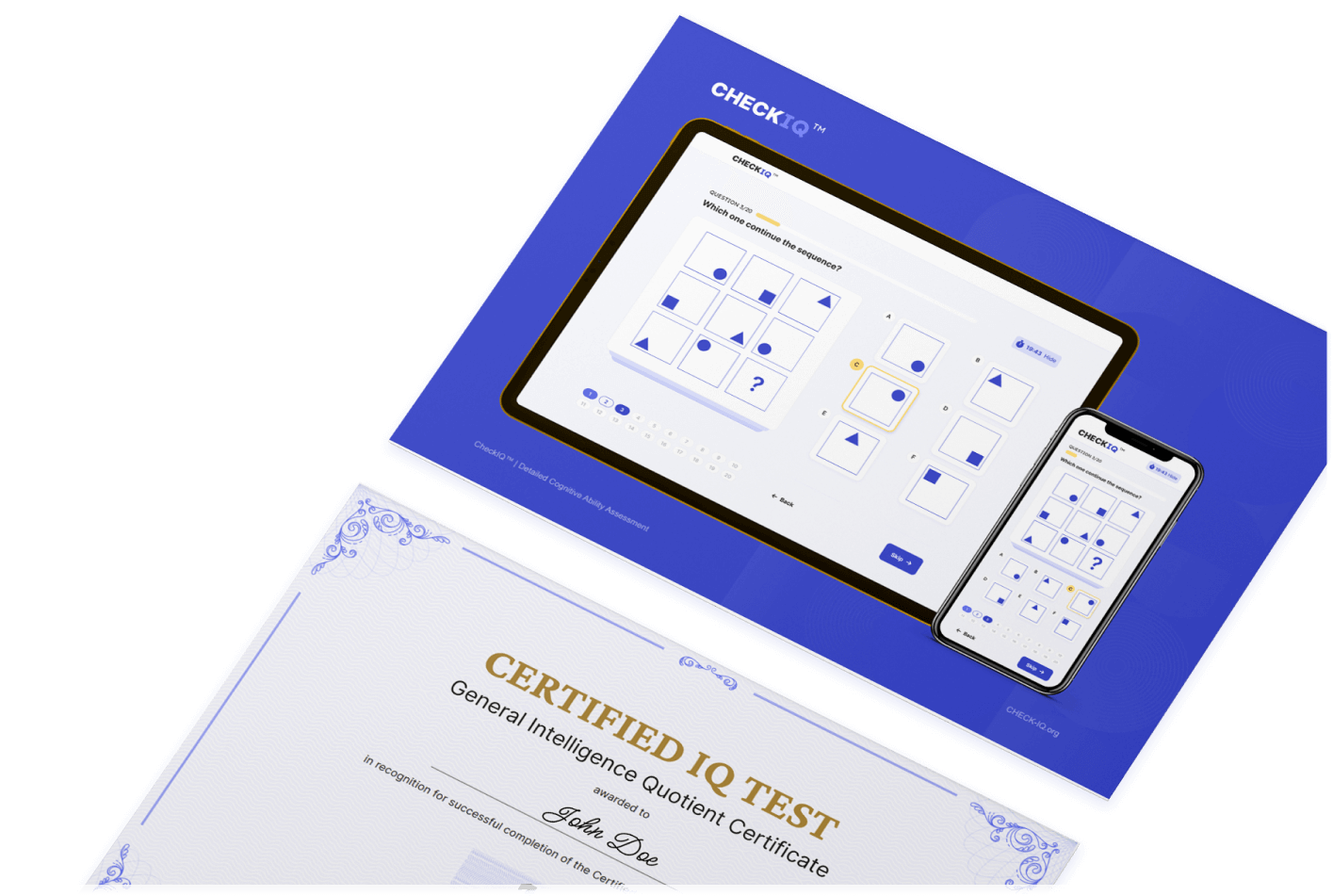
Find Out the IQ of Other Celebrities
-
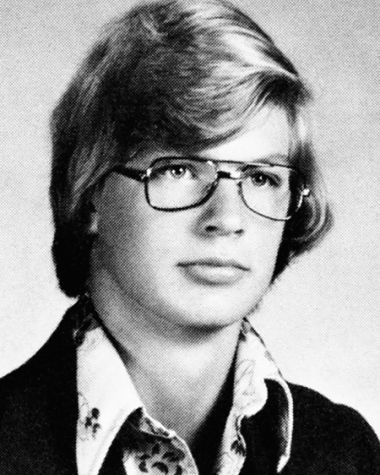 Jeffrey Dahmer145 IQ
Jeffrey Dahmer145 IQ -
 Christopher Hirata225 IQ
Christopher Hirata225 IQ -
 Scott Dozier135 IQ
Scott Dozier135 IQ -
 Nolan Gould150 IQ
Nolan Gould150 IQ -
 Mila Kunis115 IQ
Mila Kunis115 IQ -
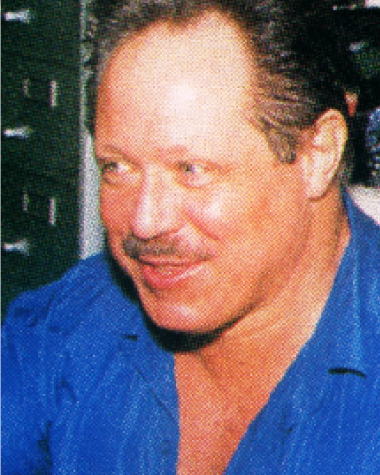 Christopher Michael Langan200 IQ
Christopher Michael Langan200 IQ
